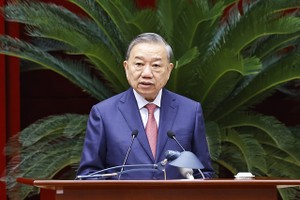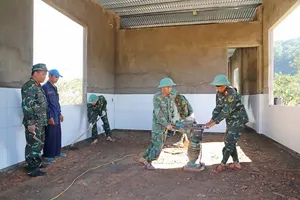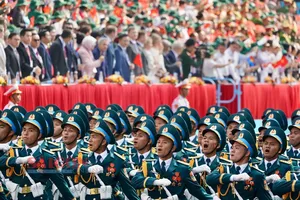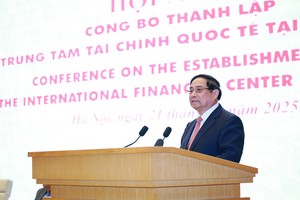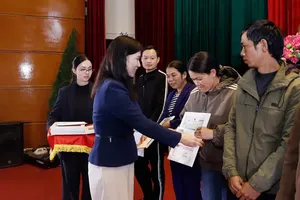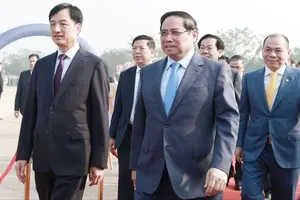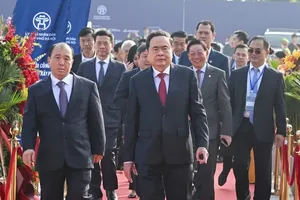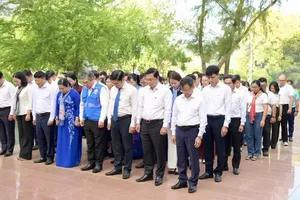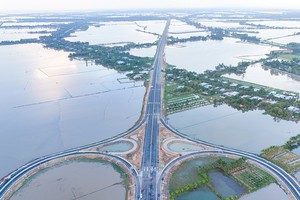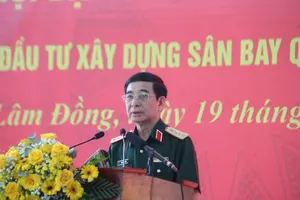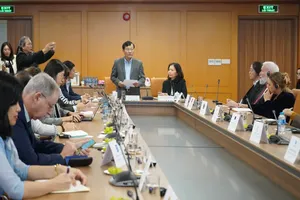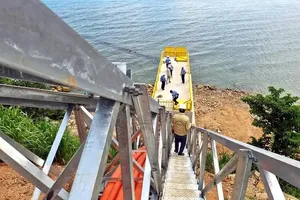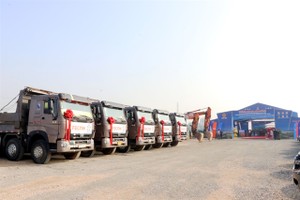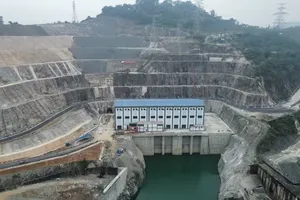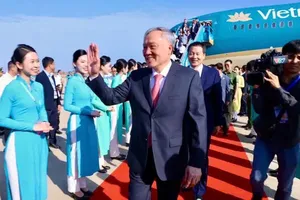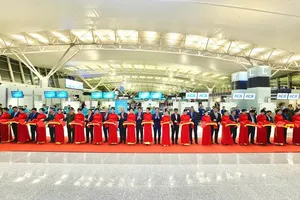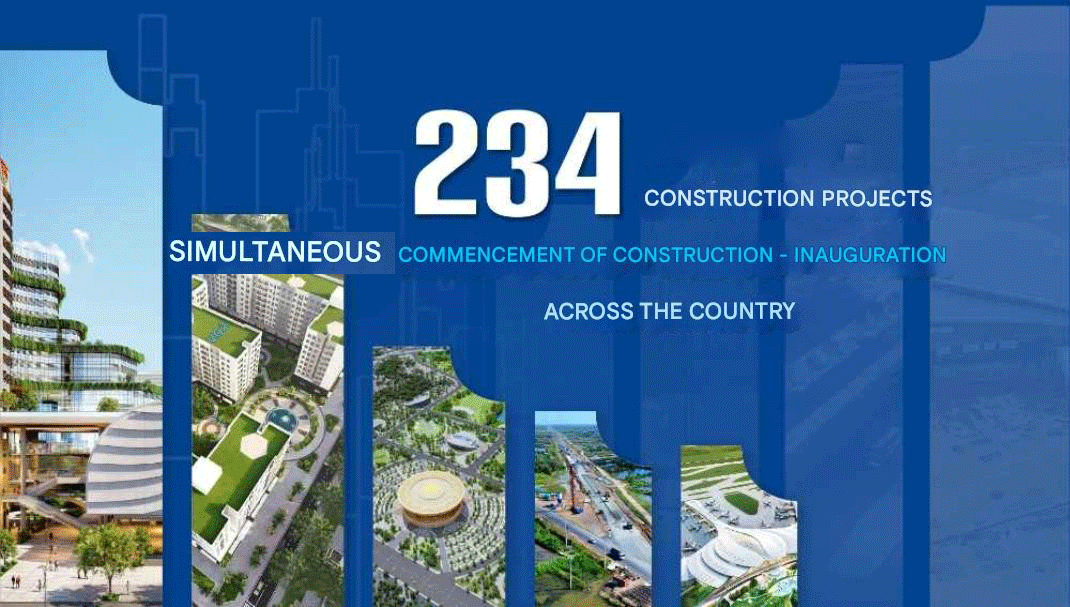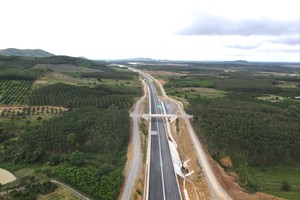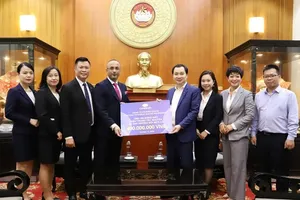Authorities of the central Quảng Ngãi Province proposed shutting down the Guang Lian Dung Quất steel project, after inspecting project operations.
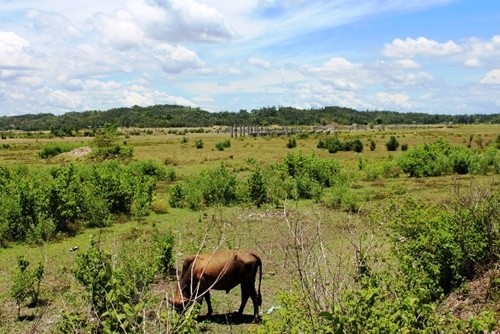
On June 6, the provincial People’s Committee announced its conclusions from its inspection of the use and management of land assigned to the steel project, as well as from it reveiw of the process of developing the project, which has acquired total capital of US$4.5 billion.
The committee said all conditions to propose ending project operations had been met. It also said the stop order should go into effect this month, noting it had forwarded its proposal to the ministries and the central administration to gain the approval of the government, Tiền phong newspaper reported.
At present, Guang Lian has not agreed to the proposal and has officially refuted the conclusions of the public inspection.
According to the investment agency, the Guang Lian Dung Quất steel project received an investment license in 2006. The project is located in Dung Quất Economic Zone, Quảng Ngãi Province, and received initial investment capital of $556 million from the Tycoons Group of Taiwan.
After many adjustments in scale and design capacity, in 2008 Tycoons cooperated with E-United Company from Taiwan to increase the project’s capital to $4.5 billion and the annual capacity to 7 million tonnes of steel - 5 million tonnes higher than its initial capacity.
To create favourable conditions for the project, the management board of the Dung Quất Economic Zone cleared the site, providing 337ha of land.
In July 2015, Guang Lian notified provincial authorities it could not secure funding for the project, stalling operations from mid-2014 to date. By September 2014, the investor had given $42 million to the project and provincial authorities had advanced the company VNĐ175 billion for the clearance of project land.
The People’s Committee held many meetings to discuss ending the project, before proposing a revocation of the provided land and liquidation of project assets to avoid wasting the land.
The proposal was made by Quảng Ngãi authorities after the investor held onto the land for a decade and had little investment capital to contribute to the project’s development.
